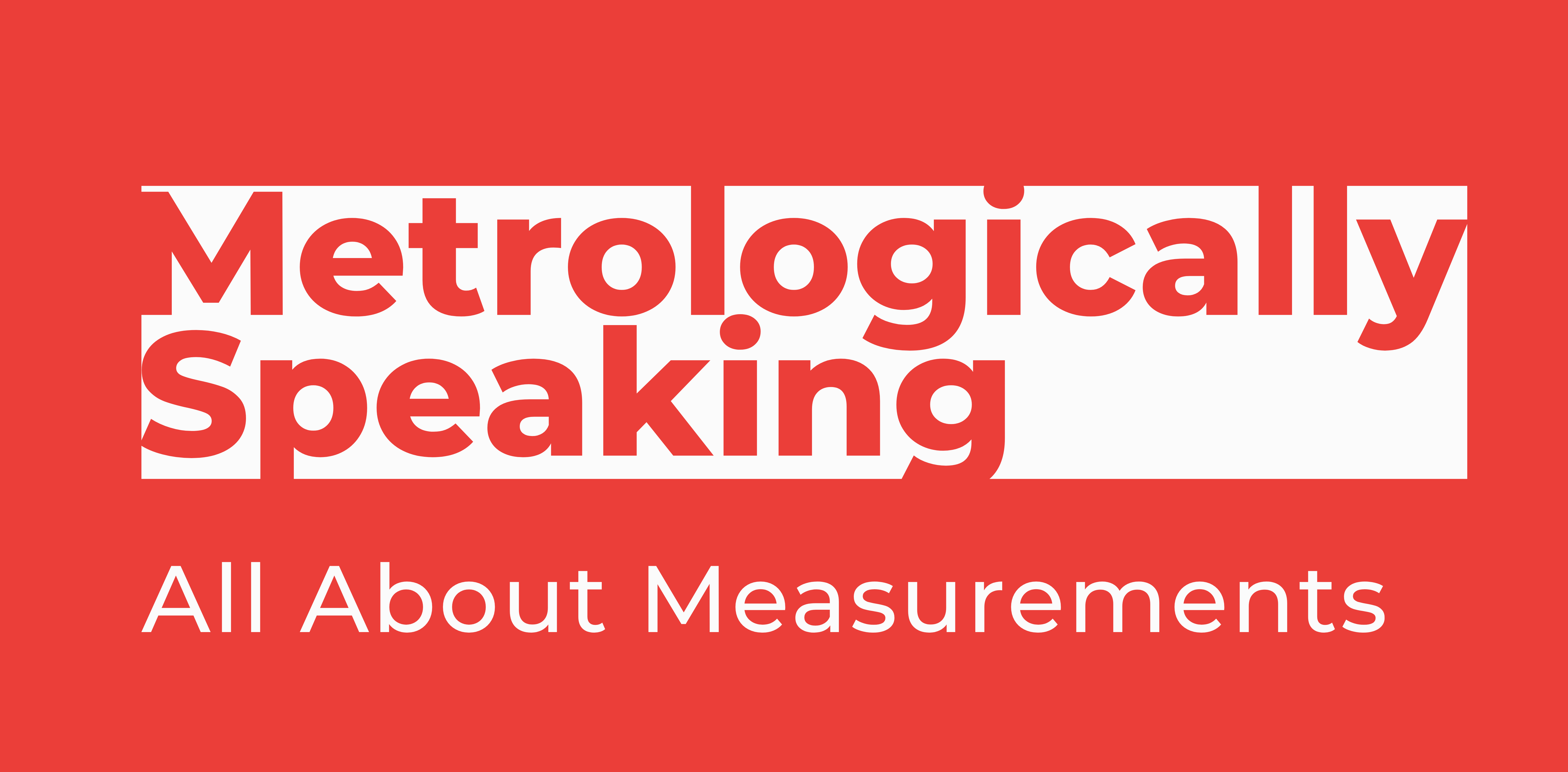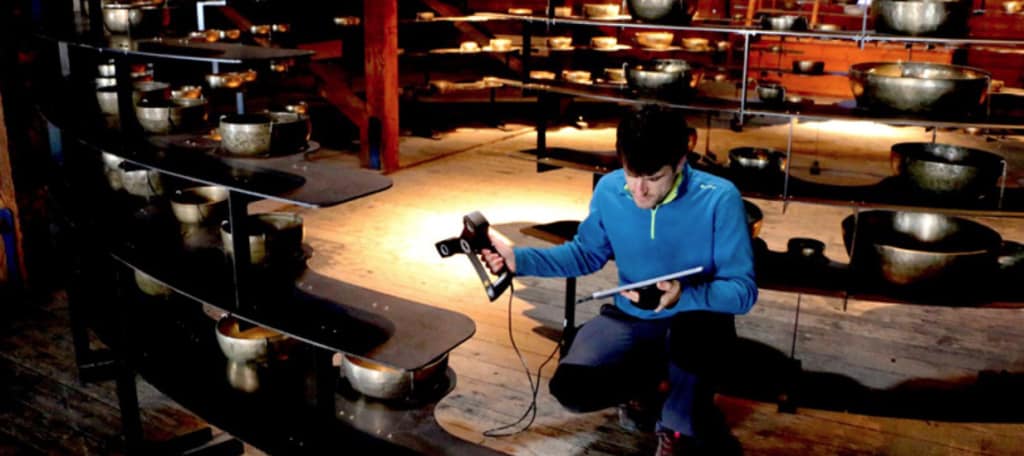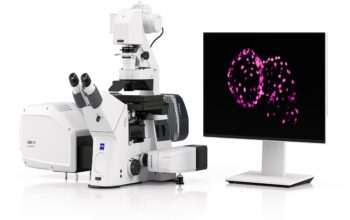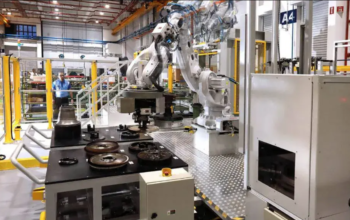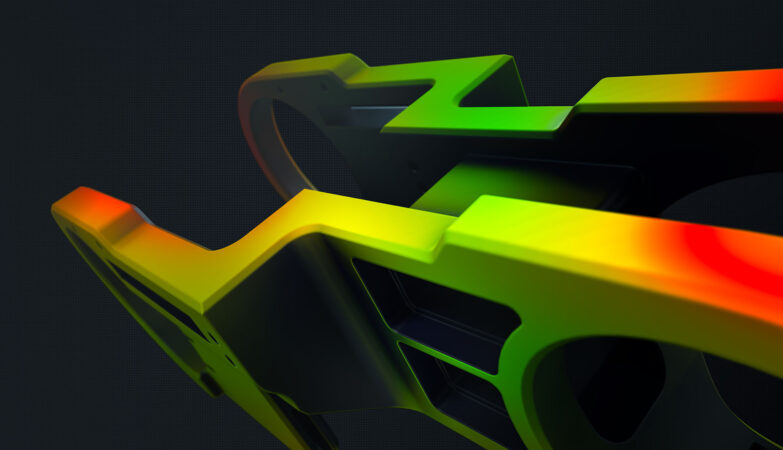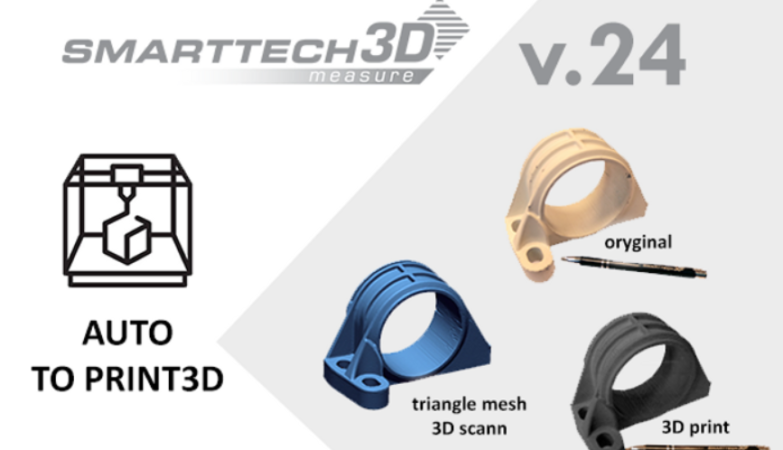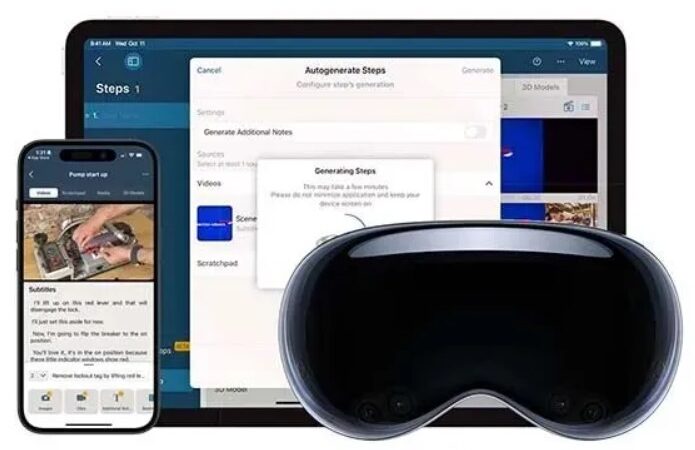London boasts many world famous buildings and structures, Big Ben, St. Paul’s Cathedral, Westminster Abbey, the London Eye and Tower Bridge, to name but a few. Although, all but the most knowledgeable of Londoners would be mystified if asked for directions to – the lighthouse!
Despite the capital city not being located on the coast, London does indeed have its own lighthouse. Trinity Buoy Wharf Lighthouse has been hidden away in London’s Docklands, where the River Lee meets the River Thames, since 1864. Maybe the historic building’s lack of renown is due to it never having served as a conventional lighthouse; rather it has been used by Trinity House as an experimental center for research into lighting techniques for Great Britain’s lighthouses and lightships.
Trinity Buoy Wharf Lighthouse owes its origins to The Corporation of Trinity House, originally a voluntary association of shipment and mariners that was granted a charter by Henry VIII in 1514. Since this time the famous corporation has been responsible for Great Britain’s buoys, lighthouses and lightships.
The iconic, Lighthouse, and its neighbouring Chain and Buoy Store were built on Trinity Buoy Wharf by Sir James Douglass, best known for his work on the fourth Eddystone lighthouse at Rame Head. Douglass was not the only eminent Briton to work at Trinity Buoy Wharf Lighthouse. When oil and gas lighting were deemed obsolete means of powering lighthouse lamps, Michael Faraday, celebrated for his discoveries in electromagnetism, was commissioned to create and test designs for electric lighting and lenses. In fact, Faraday’s only patented invention, a chimney designed to stop lamp gases combusting, was designed in Trinity Buoy Wharf Lighthouse.
Given its fascinating history, this unique example of Victorian architecture recently made the perfect subject for the application of a new technique in heritage preservation.
Previously, only limited details of important historical structures could be captured before they fell into disrepair, or were destroyed by events such as natural disasters or acts of terrorism. Surviving records of lost structures are often limited to photographs, written documents and videos, none of which allow visitors to experience the structures as they once existed.
By taking advantage of recent advances in technologies, a team of visual and audio engineers aims to change this situation. Using FARO laser scanners, the team first captures the dimensions of the structure of interest. The acquired data is converted into 3D models, which is then rendered into a virtual reality environment. With the aid of a virtual reality headset, users are then able to effectively ‘step into’ the structures as if walking around the actual sites. At the appropriate time audio clips provide information related to the structures’ history. The resulting extremely immersive, sensory experience highlights the structures’ aesthetic values and historical contexts. The team hopes that the project will set a precedent for heritage preservation so that more people are able to explore a range of heritage sites as they currently stand rather than after they have fallen derelict or worse.
To create a digital model of the Trinity Buoy Wharf Lighthouse, Adrian Dawson of SIAD, an Oxford based company with advanced capabilities in the areas of 3D laser scanning and Virtual Reality visualisation, used a FARO3D X130 tripod-mounted laser scanner to gather point cloud data of the entire exterior and interior of the lighthouse and adjoining chain store. A hand-held FARO Freestyle3D was then used as the smaller scanner is able to capture all sides of an object in a single sweep, rather than through multiple re-adjustments of a static scanner. The compact Freestyle3D also allowed the scanning of less accessible areas that were impossible to capture with the static scanner.

Adrian Dawson explained. “SIAD is able to create precise survey data that can be referred to throughout the life of any project, providing a lasting resource for architects, owners and building managers alike. Using FARO Laser Scanning we produce accurate, comprehensive measurements and photo surveys of sites and their surroundings, available in accessible point cloud and common 2D and 3D formats.
“SIAD embrace three game changing technologies, 3D laser scanning, 3D BIM models and Virtual Reality. We were delighted to apply our expertise and the use of a FARO3D X130 tripod-mounted laser and a FARO Freestyle3D, to the Trinity Buoy Wharf Lighthouse project. The accuracy, ease of use and speed of FARO’s cutting-edge technologies enabled the trouble free completion of all scanning procedures, whilst the accurate, captured data resulted in the creation of an amazingly realistic sensory experience.”
The laser scanner FARO Focus3D X 130, as used on the Trinity Buoy Wharf Lighthouse project, is a powerful high-speed, ultra-portable 3D scanner. The Focus3D X 130 enables fast, straightforward, and yet accurate measurements of façades, complex structures, production and supply facilities, accident sites, and large-volume components. Combining the highest- precision scanning technology with authentic mobility and ease-of-use, the new device offers reliability, flexibility, and real-time views of recorded data.
Captured 3D scan data can easily be imported into all commonly used software solutions for accident reconstruction, architecture, civil engineering, construction, forensics or industrial manufacturing. With a battery runtime of 4.5 hours, the laser scanner has also a high level of flexibility and endurance. The Focus’ light weight, small size and SD-card makes the scanner truly mobile.
Xtra positioning with an integrated GPS receiver allows users to effortlessly determine the position of the scanner, helping to facilitate the registration process and providing the exact time and location of the users’ scans. Whilst WLAN remote control allows users to start, stop, and view scans at a distance.
Also used on the Trinity Buoy Wharf Lighthouse, the FARO Freestyle3D is an accurate, compact handheld scanner that can quickly and reliably documents rooms, structures and objects in 3D and create high-definition pointclouds. The applications of the FARO Freestyle3D are diverse and range from construction to industrial production and forensics. Thanks to its lightweight carbon fibre body, the handheld scanner weighs less than a kilogram and is therefore extremely portable and mobile. Tablet PC based FARO Freestyle3D software provides intuitive guidance, enabling use by even the most inexperienced of users.
SIAD
Founded in 1996, SIAD offers a full range of services covering all areas of construction and refurbishment from 3D laser scanning and Virtual Reality visualization through to new build projects and specialist Asbestos removal. SIAD carries out high quality work in all aspects of refurbishments and new builds.
http://www.siadltd.com
Three Good Reasons
- The ease-of-use and speed of the FARO’s cutting-edge technologies enabled the trouble free completion of all scanning procedures.
- Accurate Data capturing resulted in the creation of an amazing realistic sensory experience.
- The compact Freestyle3D also allowed the scanning of less accessible areas that were impossible to capture with the static scanner.
Summary
SIAD is able to create precise survey data that can be referred to throughout the life of any project, providing a lasting resource for architects, owners and building managers alike. Using FARO Laser Scanning they produce accurate, comprehensive measurements and photo surveys of sites and their surroundings, available in accessible point cloud and common 2D and 3D formats.
